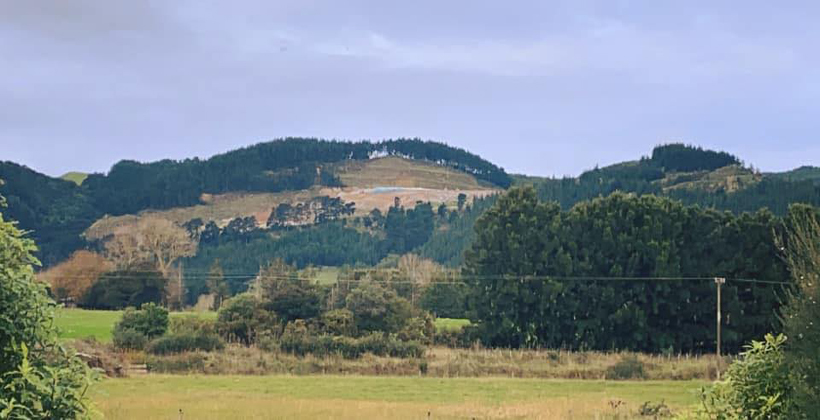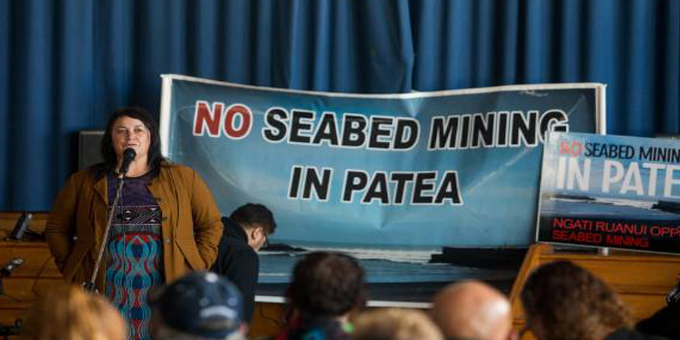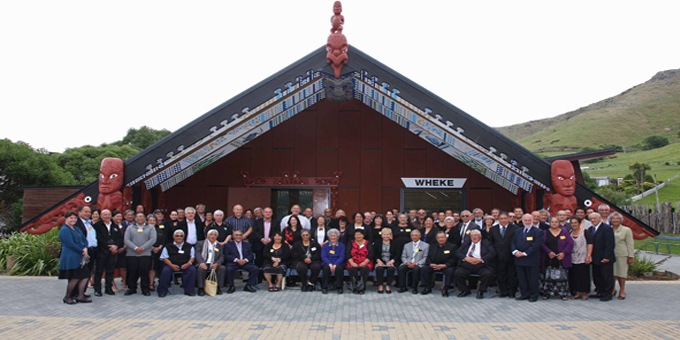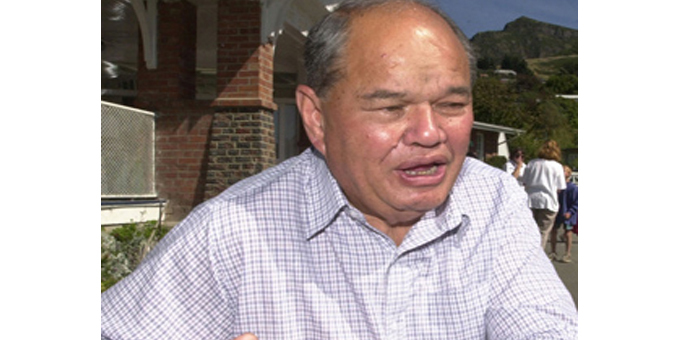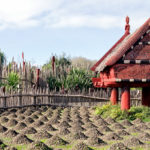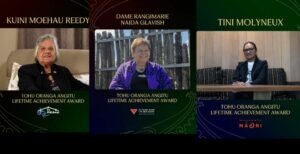April 02, 2015
Rural dole can build traditional communities


An economic historian is calling for the benefit system to become more flexible to allow people to function within traditional subsistence economies.
Keith Rankin from Unitec was responding to a challenge from Mana leader Hone Harawira that the Abbott Government’s removal of support from remote Australian Aboriginal communities was similar to Work and Income’s policy of not paying benefits to Maori who return to their home rural villages.
He told Radio Waatea’s Dale Husband that being able to turn to a subsistence lifestyle during downturns in the economic cycle was a normal part of capitalism.
In the Depression of the 1930s many newly-urbanised Pakeha returned to their parents’ farms, and there was also extensive food growing in cities with garden plots and chicken coops.
He says traditional subsistence and reliance on mahinga kai can compliment the cash economy, rather than being seen in opposition to it.
The idea that people in rural areas will shirk work when it becomes available again is not borne out by experience, and traditional subsistence communities do not and will not undermine the process of labour flow.
It can also work in urban settings.
“We may need to look at community gardens and all sorts of other cooperative ventures that enable people to still live in relatively non-cash economies through the downtime but they also need welfare support to keep the cash flow going through the economies and to maintain those opportunities in the cash economy.
“We needed at least one part of our benefit system to be unconditional on where you live, who you live with, so part of that cash flow is able to rebuild and reinvigorate traditional communities which may be a long way from cities rather than let them die.
Mr Rankin says there needs to be more room for choice, so that people can exist on the margins of the cash economy rather than expend energy to show they are looking for jobs that don’t exist.
“We need to have enough to live with and enough to facilitate choices so in downtimes we are doing things that are useful and productive with our communities, whether they are urban communities, distant rural communities or somewhere in between.
“That means we are working, we are building our lives, we are creating better people of ourselves rather than in order to meet the conditions, having to live lives that are unnatural to us,” Mr Rankin says.
Copyright © 2015, UMA Broadcasting Ltd: www.waateanews.com

